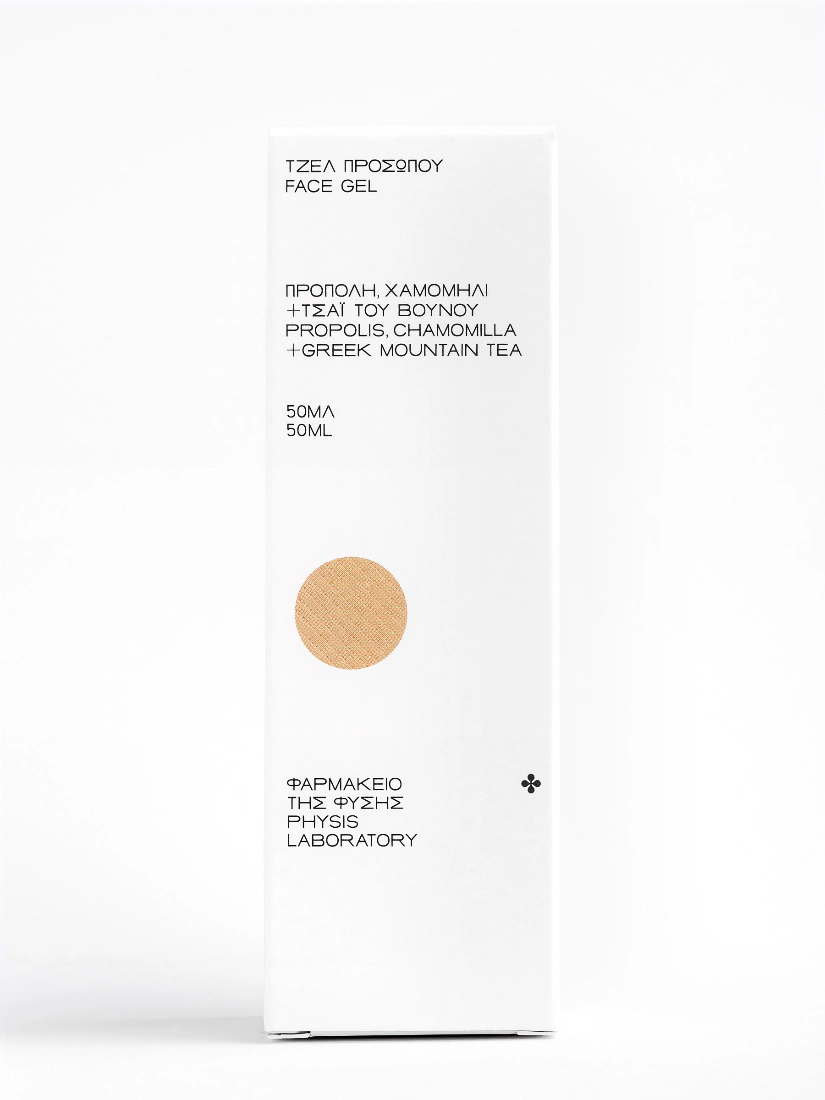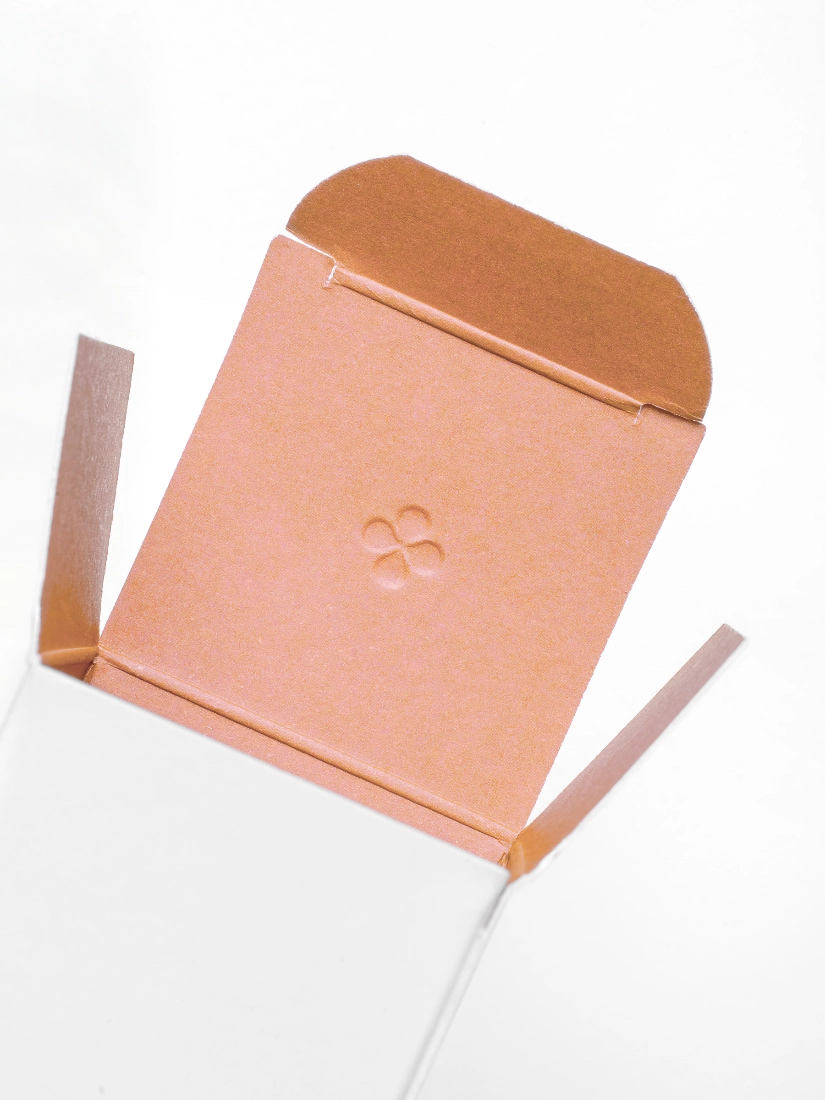

In stock (can be backordered)
In stock (can be backordered)
€ 57,80 Original price was: € 57,80.€ 43,35Current price is: € 43,35.
€ 57,80 Original price was: € 57,80.€ 43,35Current price is: € 43,35.
€ 41,10 Original price was: € 41,10.€ 30,82Current price is: € 30,82.
€ 41,10 Original price was: € 41,10.€ 30,82Current price is: € 30,82.
€ 26,70
€ 26,70